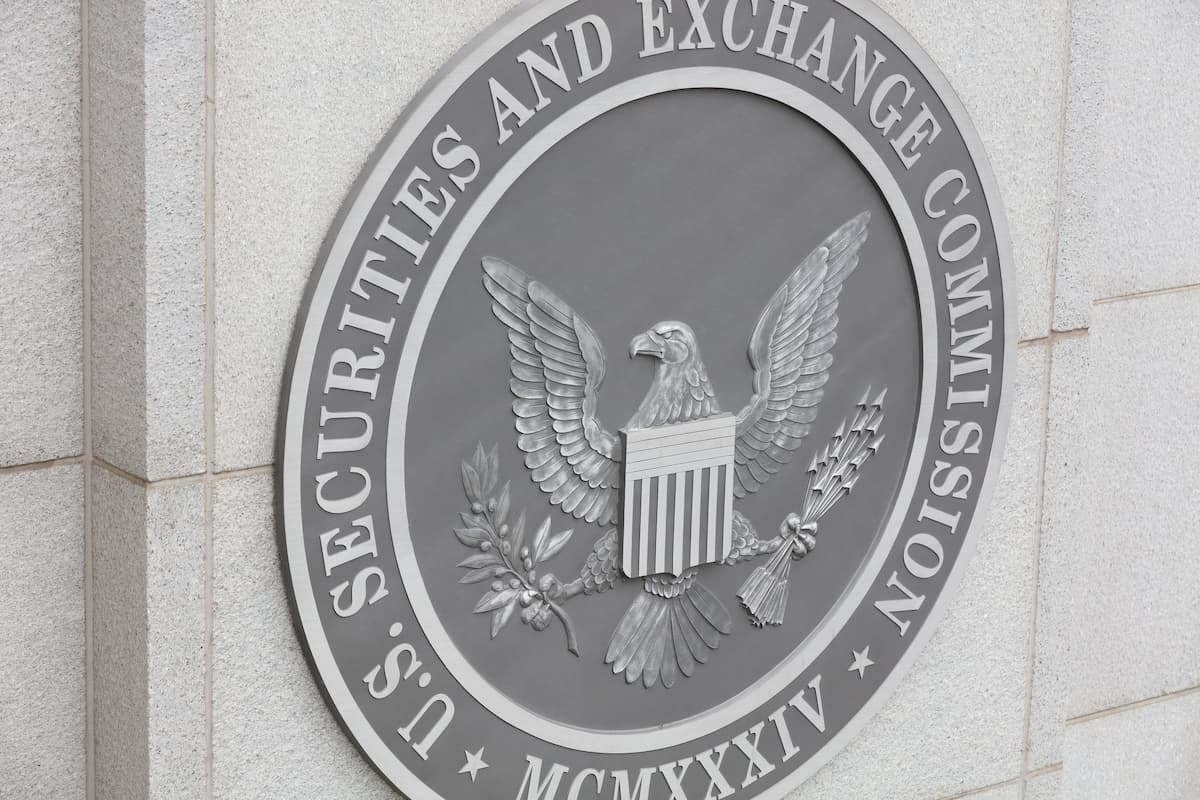
On 19 March 2024, GRESB – an investor-led organisation that provides standardised and validated data to assess the sustainability-related performance of real estate assets and portfolios – announced the upcoming launch of “REAL Solutions“. REAL Solutions is a new suite of tools designed to provide real asset managers and investors with more granular ESG data, which they are demanding in order to take advantage of opportunities in the sustainable investment market and to comply with increasingly burdensome ESG-related regulations.Continue Reading GRESB announces launch of its new suite of ESG-evaluation tools, REAL Solutions







